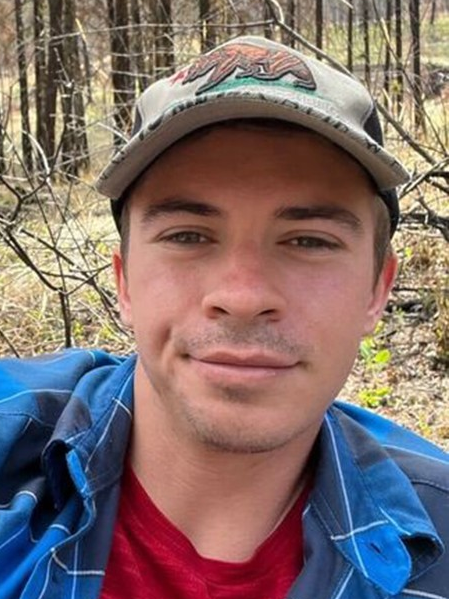- About
- People
- Undergraduate
- Graduate
- Research
- Current Projects
- Engineering Geology & Geotechnics - Dr. S. Sepulveda
- Hydrogeology - Dr. D. Allen
- Sedimentology - Dr. S. Dashtgard
- Ore Deposits - Dr .D. Marshall
- Glaciology - Dr. G. Flowers
- Coastal Hazards - Dr. J. Pilarczyk
- Volcanology - Dr. G. Williams-Jones
- Natural Hazards
- Tectonics - Dr .D. Gibson
- Quaternary Geology - Dr. B. Ward
- Research Opportunities
- Research Groups
- Facilities & Resources
- Current Projects
- News & Events
- Engagement
- Support EASC
Areas of interest
How post-fire soil infiltration capacity changes over time and across different biogeoclimatic zones.
After a wildfire, burned soils form a water repellant layer which causes overland flow to occur during rainstorms. Overland flow is known to be a driving factor for post-fire debris flows which can cause devasting infrastructure damage (e.g., Highway 3 in B.C. after the November 2021 Atmospheric River). However, few studies have looked at how the water repellant layer lasts for after fires or how it varies between different vegetation types. My research is combining laboratory and field methodology to quantify how the water repellant layer changes with time since a fire has occurred, and how it differs between various biogeoclimatic zones. Understanding this relationship will enable future models to be able to better predict where and when post-fire debris flows may occur.


